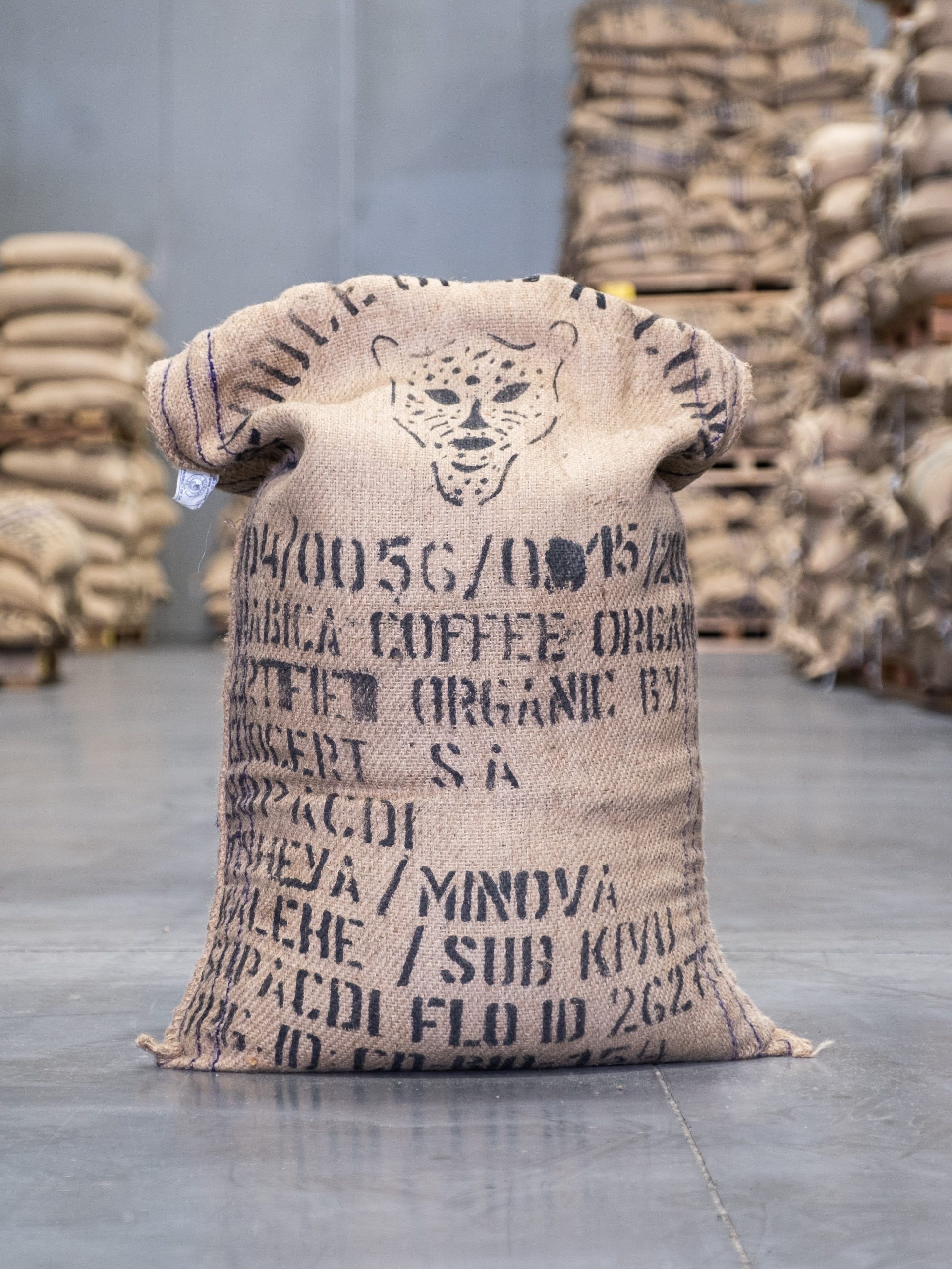
In previous blogs, we’ve discussed the implications of certifications in the coffee world. These are excellent starting point reads if you want to learn more about certifications. Today, we’re discussing Fairtrade International’s (FLO) recent announcement that they are raising minimum price floors for certified Arabica and Robusta coffee for the first time in ten years. The statement explains why and a little about how the FLO calculated these price increases.

This image was taken at a member farm of PRODECOOP, a Fairtrade Organic Certified cooperative in Nicaragua.
This chart outlines the new floor prices and consistent premiums (or “differentials”) taking effect on August 1, 2023:
| Antecedent | 2011’s Increase | 2023’s Increase | ||||
| Minimum | Premium | Minimum | Premium | Minimum | Premium | |
| Conventional | ||||||
| Arabica; Natural | 1.20 | 0.10 | 1.35 | 0.20 | 1.75 | 0.20 |
| Arabica; Washed | 1.25 | 0.10 | 1.40 | 0.20 | 1.8 | 0.20 |
| Robusta; Natural | 1.01 | 0.10 | 1.01 | 0.20 | 1.2 | 0.20 |
| Robusta; Washed | 1.05 | 0.10 | 1.05 | 0.20 | 1.25 | 0.20 |
| Organic Differential: | +0.20 | +0.30 | +0.40 | |||
Floor prices are a minimum price-per-unit intended to protect producers in case of a C-Market decline or collapse. The 2011 floor increase involved a 0.15 USD/LB increase for Arabica Washed and Natural coffees. This round, we see a 0.40 USD/LB increase. This is also the first time FLO has increased the Robusta floor price.
In the announcement, Fairtrade International stated:
“The new Fairtrade prices, which come into effect for contracts signed as of August 1, 2023, will increase the baseline price by 19% and 29% for Fairtrade-certified Robusta and Arabica coffee, respectively. This will provide farmers with significant price risk management support in times of wild market fluctuation and adapt to their needs as they face inflation in their home countries and substantial additional costs due to climate change adaptation.”
The last time FLO decided to increase the minimum pricing structure was back in 2011, a time in which the C- Market similarly fluctuated in previously unseen ways.

This simplified graph shows the relationship between the C-Market and FLO’s price floor increases. From 2015 to roughly 2021, the FLO floor prices were above the C-Market, protecting farmers against market fluctuations.
Fairtrade International’s decision is respectable, yet the multifaceted issues coffee growers and communities face in 2023 continue to become ever-convoluted. Along with market changes, there are new supply chain struggles caused by the global pandemic, increasing environmental changes such as the flooding that recently hit coffee-growing regions in Rwanda and D.R. Congo, socioeconomic activity like the exodus of pickers and coffee-growing youth from their respective regions, and many other factors that affect an already struggling global-level coffee growing community.
Pragmatic farming practices tend to go hand in hand with the requirements for how Fairtrade and Organic certified coffee is grown and handled. Yet, the recognition of these labels on the coffee consumer side has steadily increased. Greater consumer awareness of and desire for certified coffee can fortify a producer’s trust in the price stability provided by certifications against the C-market during volatile times.
Producers holding Fairtrade and Organic Certifications often do so for the consistent price floors and differentials that enable capacity-building and environmental protection. Several producers and associations we work with are certified for these reasons, and we’ve seen the positive impact stable prices have on coffee communities. For example, the Democratic Republic of Congo experienced civil unrest around the turn of the century. Most coffee produced then was smuggled and exported through neighboring countries – a difficult and costly feat for individual producers. In response, many cooperatives, like our partner SOPACDI, formed around 2010. SOPACDI prioritized obtaining certifications to strengthen representation in the world coffee market and create a sustainable livelihood for smallholder producers. We hope that Fairtrade International’s price floor increase will continue to help combat the many challenges that producers encounter.

We have many wonderful Fair Trade and Organic Certified coffees from ten countries. View them here.